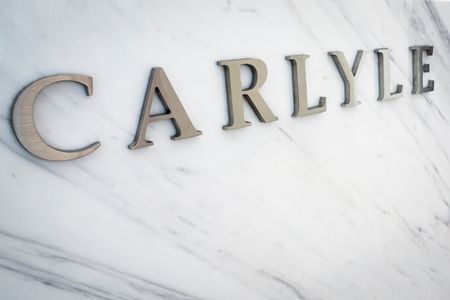KAMPALA (Reuters) – China has invited Uganda’s energy minister to Beijing to discuss the East African country’s $5 billion crude oil pipeline, Uganda’s presidency said on Friday.
The development could signal a possible breakthrough in Uganda’s efforts to woo Chinese financiers to fund the pipeline, which the country requires to start crude production from oilfields that were discovered in 2006.
Potential Chinese funding is being considered as pivotal after Western banks declined to fund the pipeline after pressure from environmentalists who said the project would add to global carbon emissions.
China’s special envoy for the Horn of Africa Affairs, Xue Bing, delivered a message to President Yoweri Museveni on Thursday, in which Chinese President Xi Jinping expressed his support for the 1,445-km (898-mile) pipeline, Museveni’s office said.
“Chinese financial institutions are open to discussions on the project and extended an invitation to Hon. Ruth Nankabirwa, the Minister of Energy and Mineral Development, to visit China for further discussions,” Museveni’s office said.
The East African Crude Oil Pipeline (EACOP) will run from the oilfields in landlocked Uganda’s west and terminate at Tanga port on Tanzania’s Indian Ocean coast.
“I am in full support of EACOP. I believe that it will enhance socio-economic development for the region,” Museveni’s office quoted Xi as saying in his letter.
Discussions had already been going on between Uganda and Chinese export credit agency SINOSURE for possible funding but multiple deadlines for conclusion of those talks had passed without a resolution.
The construction of the pipeline, which will be electrically heated to keep the oil flowing, has started with the transportation of pipes and other material to sites in Tanzania and Uganda.
A thermal insulation plant to insulate the pipes before they are laid started operations in late March.
(Reporting by Elias Biryabarema; Editing by George Obulutsa and Emelia Sithole-Matarise)










